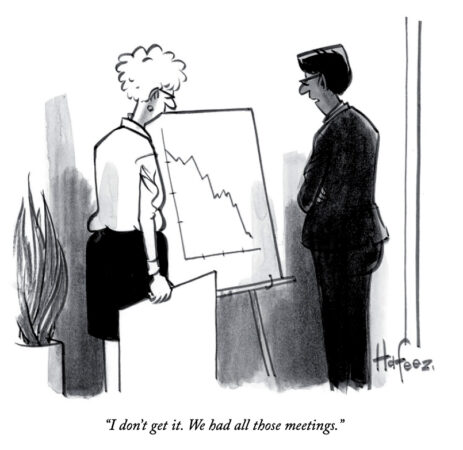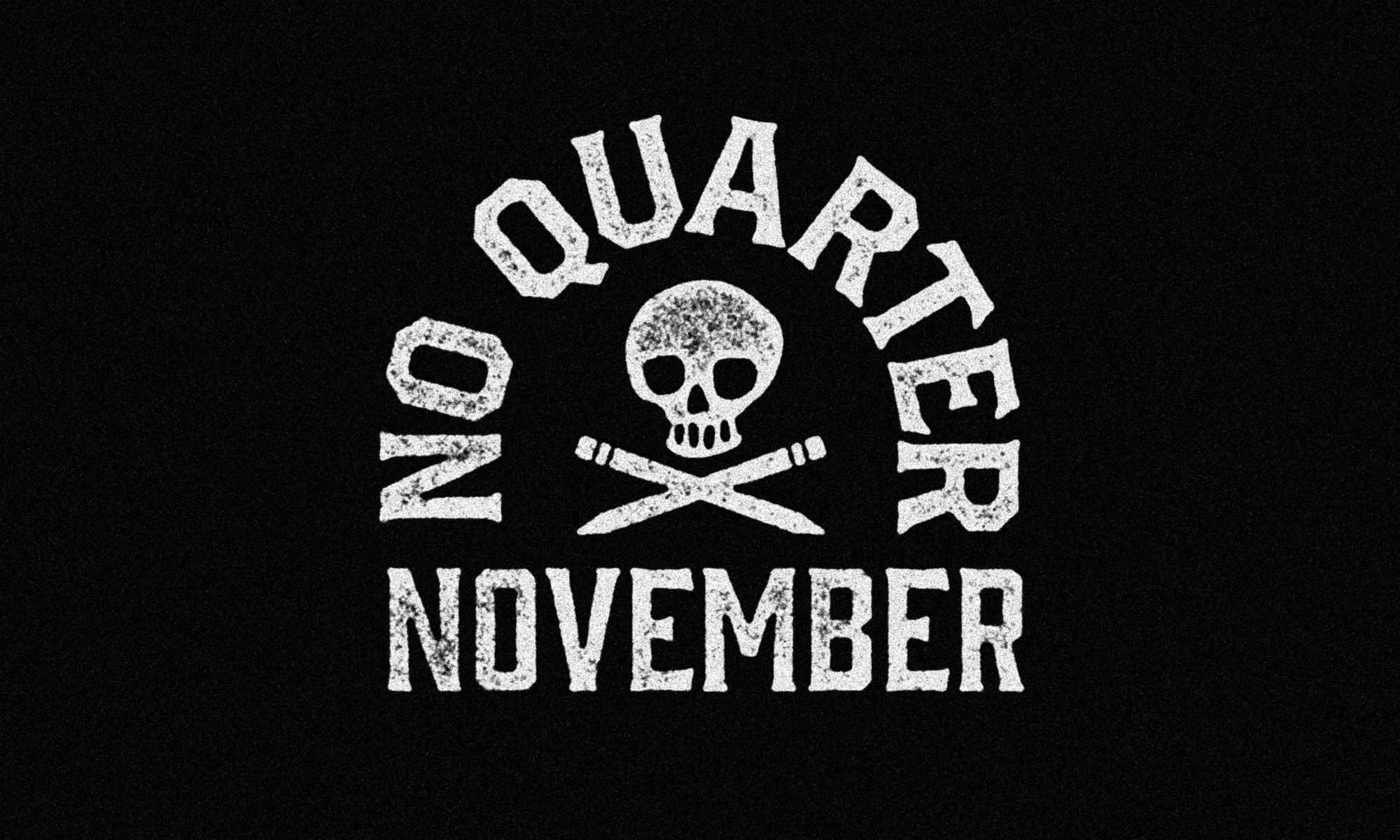“We cannot get people back to a love for God by means of sentimentalist kitten hugging. We do it by declaring the wrath to come, and the staggering provision that God has made for ugly and defiant sinners against that day of wrath.”
Picking a Basket of Novemberries
Letter to the Editor: My husband recently listened to a podcast discussing the book 'White Knights and Reviling Wives' being published by the Ogdens. Afterward, he stated that if I ...
The Actual Standard
“I have often argued that Christian parents ought to accept the fact that their job is not to get their children to simply conform to the standard, but rather to get their children to love the standard.”
A Long Train of Abuses
"Power is of an encroaching nature . . ." The Federalist Papers #48 Introduction: So let me tell you what the problem is. Once upon a time, ...
Principles and Methods
“Back in the day, brigands and highwaymen would take your purse by waving a cutlass under your nose, and a modern mugger might use a Glock, about which the prophet Isaiah says nothing. This should not leave us scratching our heads about the lawfulness of armed robbery.”
Ah, the Meetings

The Grace of White Privilege
Introduction: I went back and forth in my mind about the title of this little thing. It came down to intersectional privilege or white privilege, even though I was going to make the same basic ...
Everything Is Connected
“Our information about that has to come from men whose minds have been steeped in Scripture, but who also have learned what constitutes a valid argument from Aristotle, who have learned how pins are made from Adam Smith, who have realized through natural revelation that the law of supply and demand cannot be repealed by Congress any more than the law of gravity can be, and who have studied the history of theology and economics.”
The Foundation of LIberty
“A people who are enslaved to their lusts will never be the kind of people who successfully throw off tyrants. We have been offered a series of bribes—free love, porn, drunkenness, government handouts, and other forms of lotus-eating—and these are the bribes that make us content with the dimensions of our prison cell.”
That Hideous Strength at 10X
Preambulatory Note: As per our November standards, there are no qualifications in the slow-build material that follows. It is not until the last section that it goes hard, so you can jump down there ...




